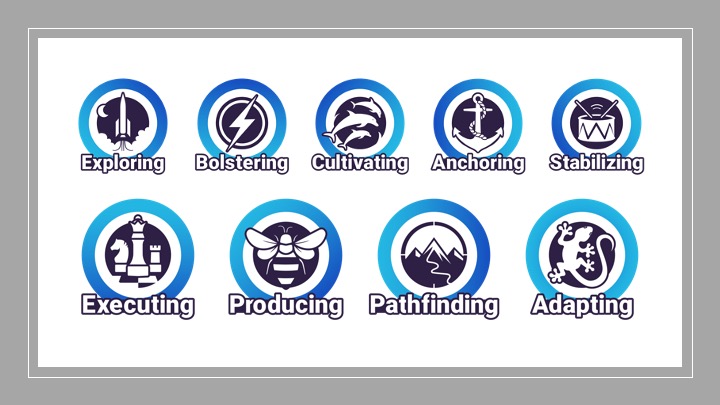CTA popup form
Sed ut perspiciatis unde omnis iste natus error sit voluptatem accusantium doloremque laudantium
"*" indicates required fields
Sed ut perspiciatis unde omnis iste natus error sit voluptatem accusantium doloremque laudantium
"*" indicates required fields
We live in a highly competitive world; a world where competition is encouraged, lauded, in fact, in most cases. Yet is it the best way to achieve results?

“If you want to be incrementally better: Be competitive. If you want to be exponentially better: Be cooperative”. – Author unknown
We live in a highly competitive world; a world where competition is encouraged, lauded, in fact, in most cases. Yet is it the best way to achieve results?
If we look at sport, it’s all about competition and winning. Sure it counts how you play the game, and sure it’s about teamwork and how well the “team” plays, but there’s only one winner in a grand final, the World Cup or the Melbourne Cup; one team gets to win while the other team “loses”. What rings in my ears is the admonition, “there’s no prize for coming second.” And just in case you think I’m mixing up my team sports with what might be perceived as an individual sport, just think about all the people who train, prepare, coach and feed the Melbourne Cup winning pair – horse and rider.
What about at school? We’re always pushed to do better than our peers – well, we were in my day at least. Even if school today it’s more about being pronounced “competent” or “not yet competent”, my guess is there’s an enduring underlying rivalry to be better than the next person. It’s how we’ve been raised for centuries.
In business we’re constantly trying to outperform the competition, to win market share, to dominate the market place, whether it be online or offline. He who commands the greatest attention and offers the best value, wins.
The question is, can we be even better if we cooperate rather than compete? I’m sure many will hold the view that cooperation is a form of weakness; that we weren’t strong enough to go it alone. But I’m also equally sure that we’ve all experienced the increase in results achieved by teamwork versus the performance of a group of individuals.
So if we’re all conditioned to compete, hypothetically is it reasonable to suggest there are frequently forces at work within a team that undermine the very essence of teamwork? Is it even possible that by leveraging and harnessing the strengths of our would-be competitors we can jump leaps and bounds ahead of where we are today and the products and services we bring to the market place? Well, just stop for a moment to consider the collaborative efforts of Google and Apple. You’ll get a sense of what’s possible through cooperation – where the focus is more on outcome than self.
We can choose to grow at a steady 5% or 10% per year by tackling the competition: picking them off one piece at a time. Or we can double, triple or quadruple our reach by focusing on the outcome and by choosing to cooperate. But be warned: it takes a mindset of abundance to embrace cooperation. You can’t feel threatened; you can’t be protective. To achieve exponential results, you have to let go of control and scarcity…..and cooperate. And to cooperate you have to be big enough in both heart and mind to focus solely on possibility and outcome.
Book a one-on-one team dynamics discovery session and learn how to leverage the strengths of your team and mitigate its blind spots
